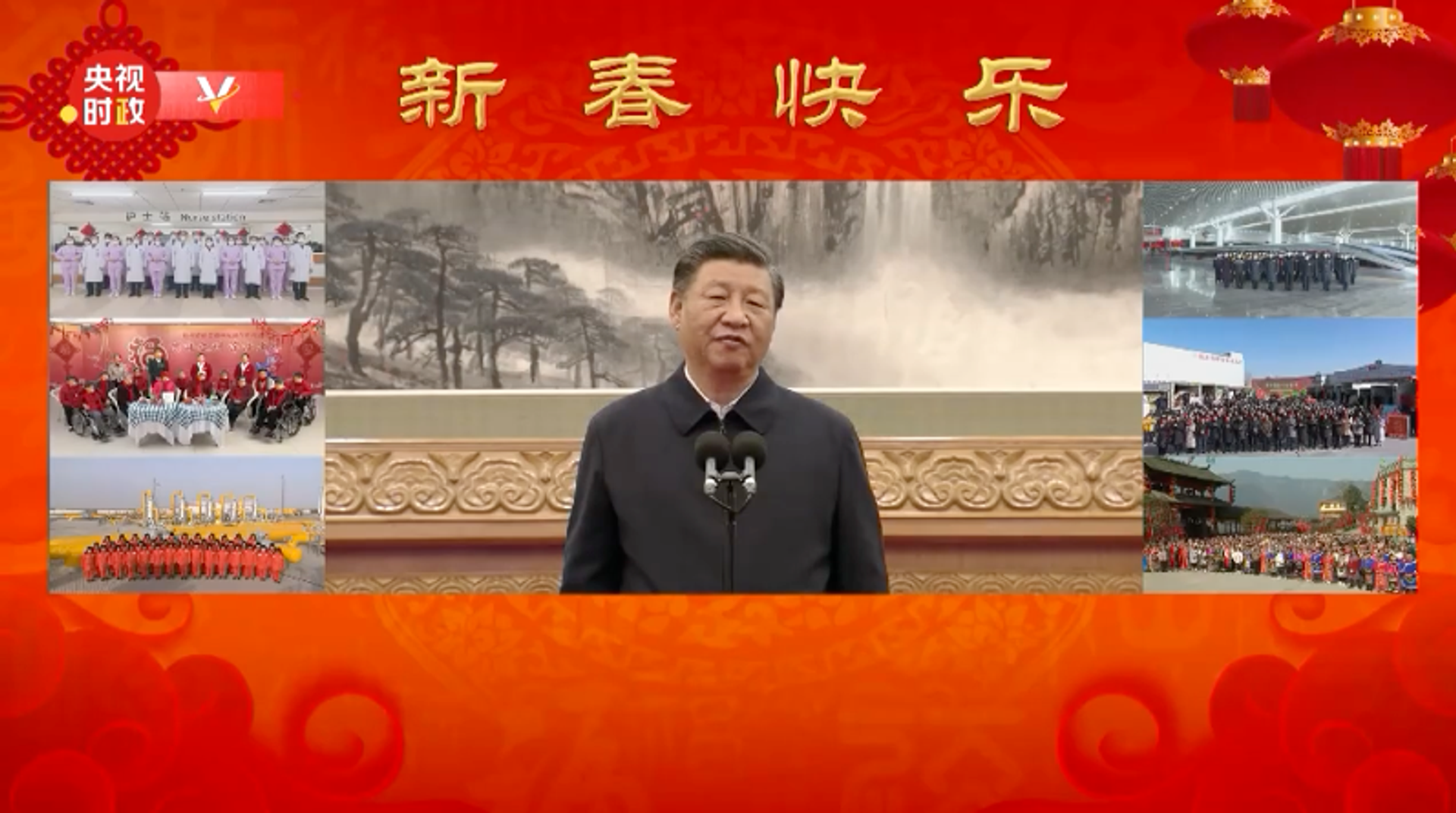The News
Chinese President Xi Jinping says that he is “most concerned” about an anticipated COVID surge in rural areas across China and how it will affect people and medical infrastructure already at a disadvantage.
The country is expecting its busiest annual period of travel this week, ahead of the Lunar New Year, with city workers returning home to reunite with their families.

In this article:
Know More
Xi’s remarks were made in a televised Lunar New Year address on CCTV, where he spoke to small groups of people across the country — including doctors, transportation workers, and nursing home staff.
On the call, he wished them good health and success, but stopped short of warning them of a COVID surge ahead, urging persistence and a positive mindset instead.
“I am most concerned about the rural areas and farmers,” he said. “Medical facilities in these areas are already relatively weak, therefore prevention will be difficult, and the task [to contain the virus] will be tough.”
As China continues to battle a surge of COVID cases after abandoning most zero-COVID protocols, medical resources have become scarce. Some are turning towards the black market for cheap and readily available drugs.
But the situation in rural villages and towns is much more dire.
According to Xinhua News, some state medical workers have been deployed to go door-to-door to vaccinate the elderly in these areas. Towns deemed especially at risk have also been fitted with more oxygenators and ambulances, Reuters reported.
Social media posts on Weibo indicate that local village officials are scrambling to prevent a holiday disaster — warning residents of more water and food shortages due to higher demand and freezing temperatures.
In the city of Hanzhong in Shaanxi province, authorities have threatened to clamp down on pharmacies attempting to sell medicine and medical devices for higher prices.
Step Back
On Saturday, Chinese authorities announced that more than 60,000 people had died of COVID since Dec. 8 — contradicting its earlier, much lower death toll which experts had warned was inaccurate.
The country has still not submitted official data on COVID cases and deaths to the World Health Organization.
Six doctors at public hospitals told Reuters that they had been discouraged from writing down COVID as a cause of death on death certificates, even if the deceased had tested positive for the virus. Instead, doctors would have to consult their superiors to determine other underlying health causes.
In some cases, patients coming in with respiratory symptoms were not tested for COVID, they said.
Room for Disagreement
Despite Xi’s unexpected admission of concern, Bloomberg notes that the leader has taken a relatively passive approach to governing his people amid the mounting COVID chaos ahead of the Lunar New Year — leaving already weak and overwhelmed medical institutions to fend for themselves.
Experts say its contrary to the Communist Party slogan of “serve the people.”
“Frustrated citizens feel that they have been jerked 180 degrees from tightly patrolled Zero Covid society to fending for themselves in a viral jungle,” Diana Fu, an associate professor of political science at the University of Toronto, told Bloomberg.
“It has become evident that people are serving the people, not the party serving the people.”